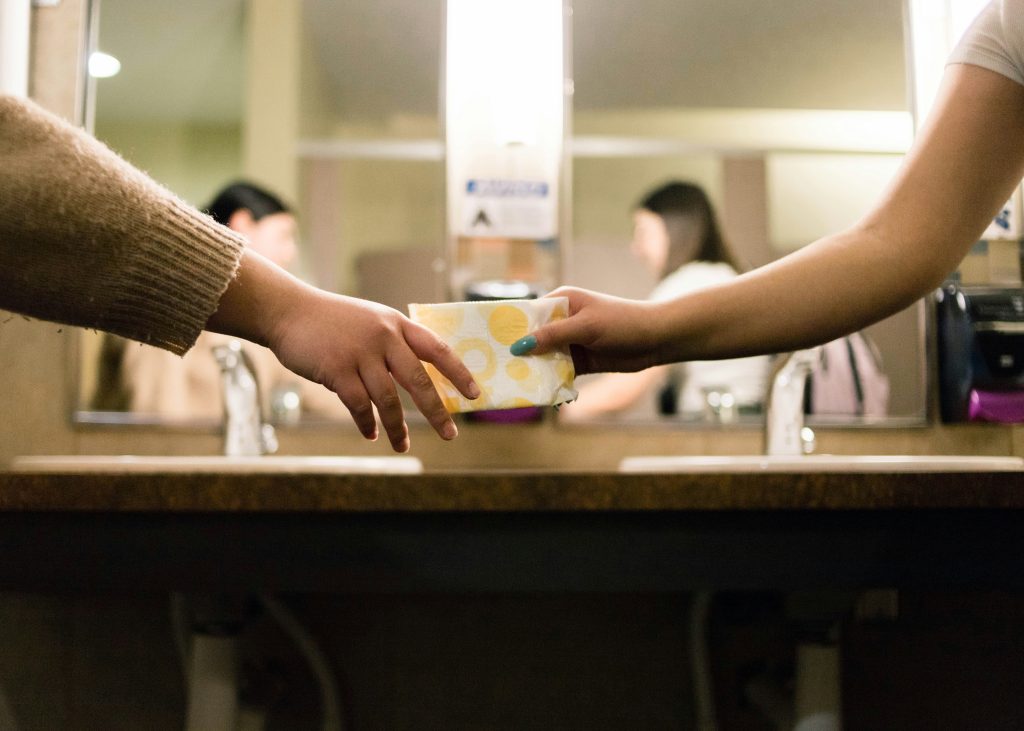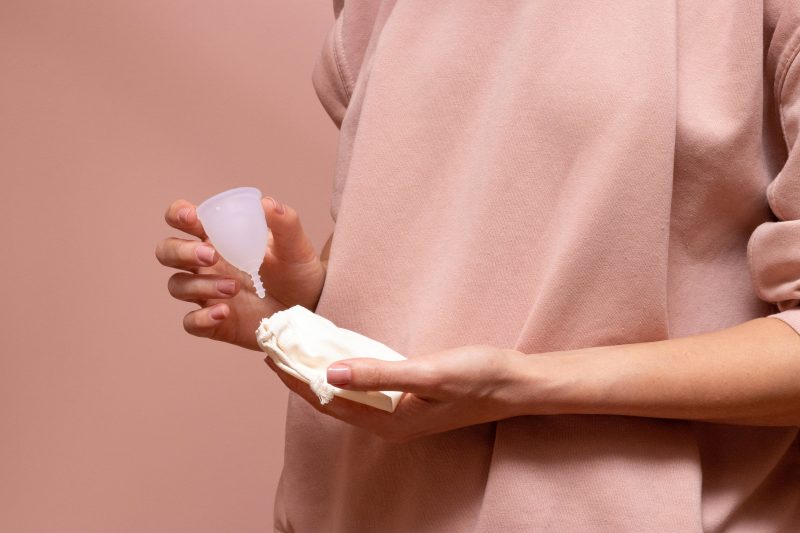
India’s Menstrual Health: An insightful analysis based on the findings of the National Family Health Survey (NFHS-5) unveils encouraging trends in menstrual health practices among women in India, particularly those belonging to minority communities.
Researchers delved into a sizable sample of 241,112 women aged 15-24 surveyed between 2019 and 2021 as part of the NFHS-5. By focusing on questions related to menstrual health, they unearthed intriguing patterns indicating that women from various groups tend to adhere to different menstrual health and hygiene practices as reflected by the Menstrual Hygiene Management (MHM) Index.
While celebrating strides in gender equality, it’s vital to acknowledge areas where progress is still needed to empower girls and women fully. Menstrual health often falls under the radar in discussions about women’s rights, despite its critical importance. India’s journey in this domain, particularly the recent initiative led by the Supreme Court, warrants recognition.
Also read: International Women’s Day: 6 Simple Steps To Prevent Diabetes In Women
In April 2023, the Supreme Court advocated for a ‘Uniform National Policy’ ensuring free sanitary pads for girls in classes 6 to 12, alongside provisions for separate toilets for women in all schools. Understanding the significance of both pad distribution and adequate sanitation facilities, we developed an MHM Index using the latest NFHS data.
This Index signifies progress made in menstrual health and hygiene, with an increasing number of women and girls benefiting from government initiatives like the Menstrual Hygiene Scheme, National Adolescent Health Program, Swachh Bharat Mission, and Sarva Shiksha Abhiyan. These efforts have substantially boosted the usage of menstrual hygiene products from 15% in 2010 to 57% and 78% in 2015-16 and 2019-21, respectively.
Also read: Empowering India’s Women: A Tapestry of Diversity, Woven with Equality
However, our analysis highlights persistent disparities in the MHM Index across different socio-demographic groups, indicating underlying biases and regressive norms that impede women’s access to menstrual health resources. Addressing these barriers through targeted awareness programs is crucial to ensuring women’s health, education, and social inclusion.

Prachi Kaushik, Founder & Director, VYOMINI Social Enterprise states,
Despite national health statistics, women in rural areas often struggle to find menstrual hygiene products. To ensure everyone has access, it’s important to place special dispensers (“Menstrual Hygiene hardware”) in public spaces like public toilets, community centers, bus stops, train stations, hospitals, schools, and tourist attractions. This approach will not only raise public awareness about menstruation but also enable women to go about their daily lives with greater ease and confidence.
Additionally, advocating for the local production of menstrual hygiene products, which offers several advantages. It empowers women entrepreneurs, promotes awareness and accessibility, and fosters sustainable solutions. Various government initiatives, such as the Mudra loan to Self-Help Groups (SHGs), the Women Entrepreneurship Platform (WEP) by NITI Aayog, subsidized loans under the PMEG scheme, 3% reservations for women in gem procurement, and special exhibition opportunities, support these efforts.
To further enhance menstrual hygiene in rural India, It’s important to have a capacity development program. This program would offer comprehensive training and modules to anganwadi workers, asha workers, NGOs, and panchayats, empowering them to become village-level hygiene technicians and effectively address menstrual hygiene challenges at the grassroots level.



